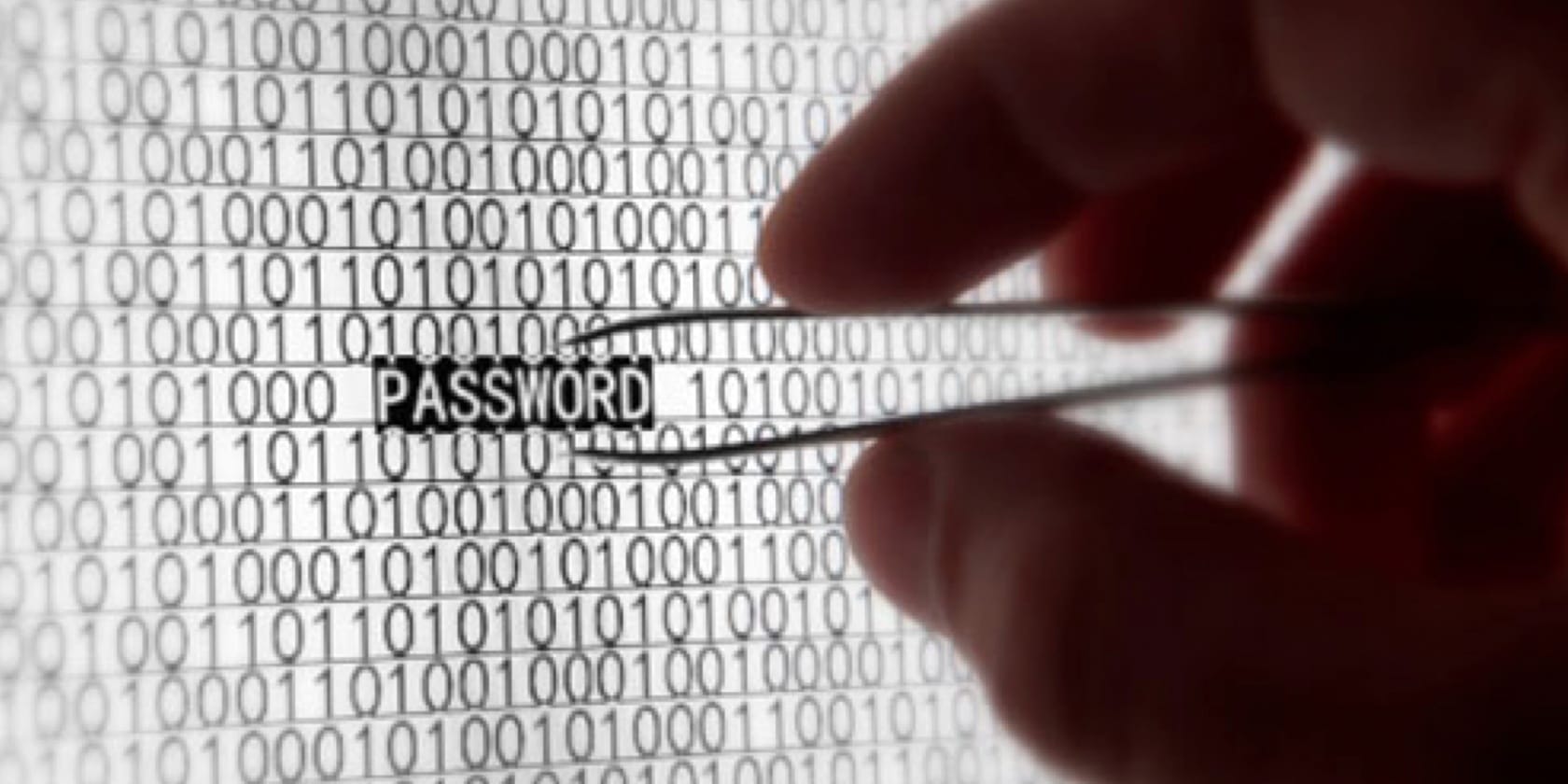When was the last time you changed your password? For most of us, the answer is, “the last time the system made me.” Everyone hates changing passwords, and people are generally hesitant to choose something too complex for fear they will forget it. However, secure, complex passwords are a vital part of protecting client data from cyber-attacks. But what makes a password complex? Here’s how to make sure your password is as secure as possible!
Add length whenever possible
Typically, when you create a password, it should be at least eight characters long. The new recommended password length is between 12-14 characters. This length ensures that your password will be less vulnerable to brute force attacks, where software runs through every possible combination of letters and numbers and attempts to input each of them until it finds a match. Each character that you add to your password exponentially increases the difficulty of hacking into your account.
Don’t use your middle name
Furthermore, don’t use the name of your first pet or the name of the high school you attended! Passwords that contain personal information are appealing to many people because they seem easier to remember. Unfortunately, they are also easier to guess. When someone tries to access your data, often the first passwords they’ll try are those of personal relevance.
Use a word that isn’t in the dictionary
It’s relatively easy for hackers to create a program that will attempt to access your account by using every word in the dictionary. Software like this can quickly and efficiently test out every possibility until it finds the correct key. Limit your vulnerability by using words you create.
Try to integrate letters, numbers and symbols
Most of us already know that secure passwords involve numbers and special characters in addition to letters. These passwords are more secure because they drastically increase the difficulty of using brute force attacks to guess your password. Do your best to integrate random letters, numbers, and symbols to make it hard for a computer program to guess your password.
Don’t use the same password for everything
Although this tip may seem overly simple, it’s also advice that most people ignore. If you use the same password for everything, you’re making it incredibly easy for criminals to access the full extent of your data. By varying your passwords, your password hints, and performing frequent changes, you could limit your liability if a security breach happens to occur to one of your accounts.





